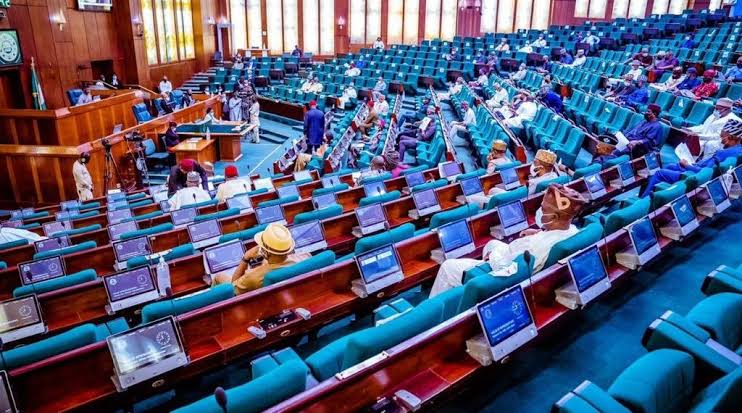A proposal to change Nigeria’s name to the United African Republic has been sent to The House of Representatives’ Special Committee on Constitution Review.
Adeleye Jokotoye, a tax consultant, submitted the proposal to the committee at the South West Zonal Public Hearing in Lagos on Wednesday, June 2, 2021.
The proposal comes as the National Assembly is currently in the process of altering the constitution and making amendments to it.
While presenting the proposal, Jokotoye said Nigeria's current name was an imposition of its past colonial masters and should be changed.
He argued that for the country to be united, its name needs to be changed, adding that it will foster peace among citizens.
Why United African Republic?
Explaining why he chose United African Republic, Jokotoye said Nigeria is made up of hundreds of ethnic groups that need to be united.
As an alternative, he suggested that Nigeria could also choose United Alkebulan Republic (meaning: United Mother of Mankind Republic) as its new name.
His submission in full
“First and foremost, I want to recommend a name change from Nigeria to the United Africans Republic (UAR),” the proposal reads.
“The significance of name change cannot be over-emphasised. Even God our father, in the Holy books, changed names of prophets e.g. Saul to Paul, Jacob to Israel, etc. The reason for name change is to physically and psychologically reflect a new beginning.
Related Articles
“Thus, at this crossroads in our history, it is mandatory that we change our name to reflect a new beginning which will be ushered in with a new constitution. The word ‘Africa’ is a Greek word meaning ‘Without Cold’. Africa was originally called ‘Alkebulan’, meaning ‘Mother of Mankind’ (Garden of Eden).
“Alkebulan is the oldest and the only word of indigenous origin used by Moors, Nubians and Ethiopians. So, if we like, we can go a step further and name our nation, United Alkebulan Republic (meaning ‘United Mother of Mankind Republic).”
Jokotoye also proposed changes to the structure of some government agencies in the country.
“The new constitution should also give room for continuous review as and when due, and future referendum if required also want to suggest the following,” he said.
“The offices of the chief justice, police, service chiefs and INEC should never be appointed by the executive.
“The constitution should provide for a council for each of these offices where six members from each geo-political zone will be represented to take collective unanimous decisions for the office, instead of one man holding all the powers of the office.
“These council members will attain the position by seniority and numbers of years in service, and they will each need a department in the service as well as being council members.”
About the ongoing constitution review
The ongoing constitution review is among other things geared towards reviewing extant provisions and bring them up-to-date with global best practices, especially to the extent that it tallies with the views of the majority of Nigerians.
According to the Deputy Senate President, Omo Agege: "Parliament lack the power to replace the constitution. We can only make amendments. And it is explicit in sections 8 and 9 of the Constitution on how we can do that and the requisite number of votes required."



